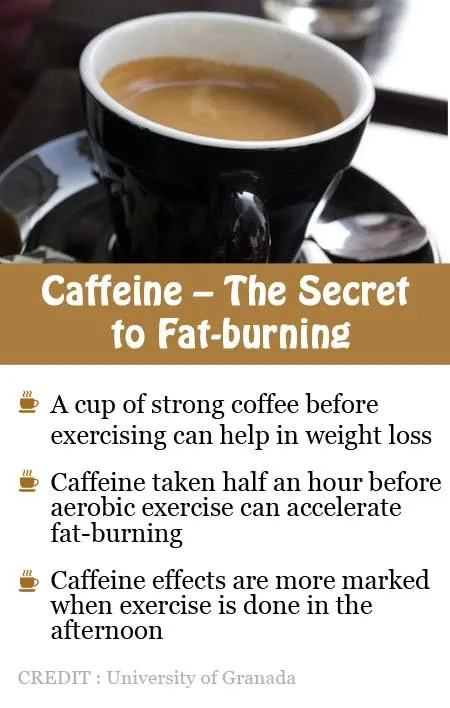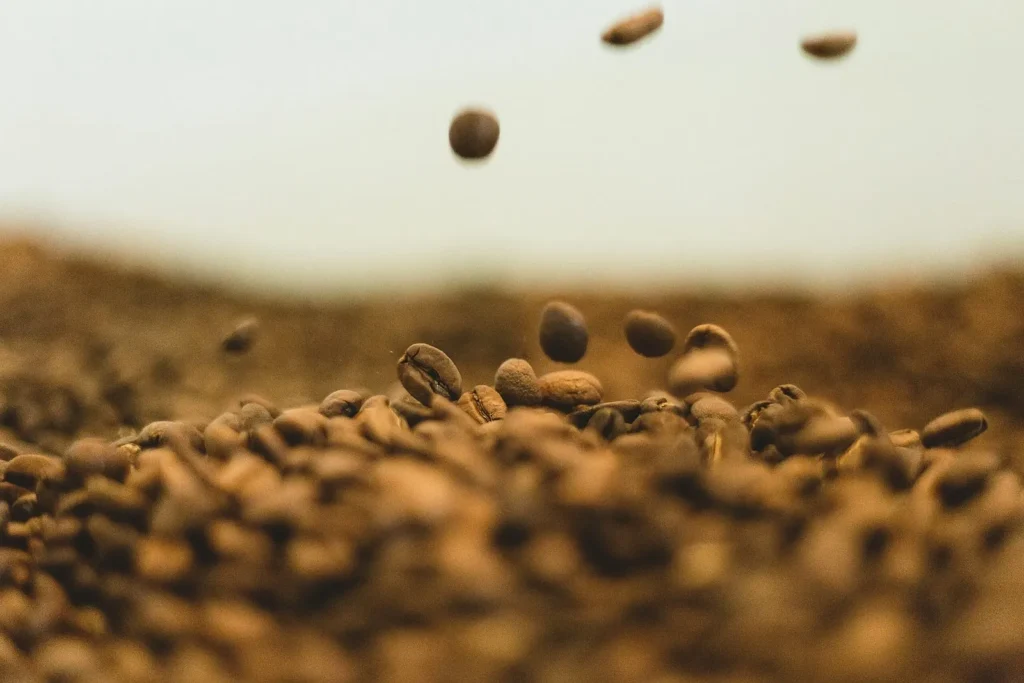Have you ever wondered if that morning cup of coffee could actually help you burn more fat during your workouts? Coffee, particularly its active compound caffeine, is a daily staple for many people. Beyond its energy-boosting benefits, some suggest it might also enhance fat burning when consumed before exercising. Let’s dive into the fascinating world of coffee and its potential impact on your workout performance and fat loss efforts.
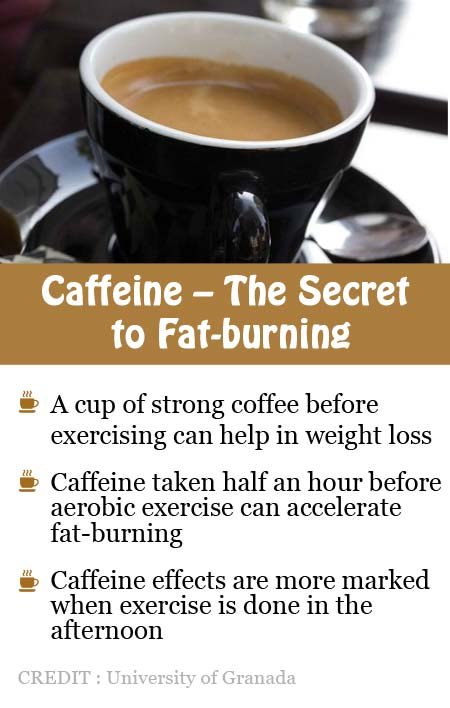
Understanding the Connection Between Coffee and Fat Burning
To begin exploring the effects of coffee on fat burning, it’s crucial to understand how caffeine works in your body. Caffeine is a natural stimulant that affects the central nervous system, promoting alertness and reducing tiredness. This stimulation can potentially lead to increased energy levels and endurance during workouts, but what about its influence on fat burning?
The Science Behind Caffeine and Metabolism
Caffeine boosts metabolic rate by increasing the release of adrenaline, which can lead to more significant fat oxidation. When you consume coffee, caffeine is absorbed quickly, reaching peak levels in your bloodstream within minutes. This swift action is what makes coffee such a popular choice for an energy boost. But the effects of caffeine aren’t limited to just keeping you alert; they extend into how your body uses energy.
-
Increased Lipolysis: Caffeine stimulates the process known as lipolysis, wherein fat cells break down stored fats, releasing fatty acids into the bloodstream. This release makes fatty acids available for muscle tissue to use as energy, potentially enhancing fat burning during exercise.
-
Thermogenic Effect: The thermogenic effect of caffeine causes your body to produce more heat, which can increase your calorie expenditure. This means you could be burning more calories even at rest after having coffee.
Coffee’s Role in Exercise Performance
When it comes to exercise performance, coffee is known to improve both endurance and strength outcomes. But how does this enhanced performance translate to fat burning?
-
Improved Endurance: Caffeine helps reduce the perception of effort during endurance exercises. This translates to being able to exercise for longer periods at lower perceived exertion, thus burning more calories and potentially more fat over the same duration.
-
Enhanced Strength and Power: Caffeine can improve muscle contractions, helping you achieve better performance in strength workouts. More intense workouts can lead to greater energy expenditure and fat loss over time.
Timing Your Coffee Intake for Optimal Fat Burning
The timing of your coffee consumption could influence how effectively it aids in fat burning during your workouts. Ideally, you want to synchronize the peak stimulation of caffeine with your exercise routine.
Pre-Workout Coffee Timing
Caffeine takes about 15 to 45 minutes to reach its peak level in your bloodstream. To maximize its effects, consider consuming your coffee about 30 minutes before starting your workout. This timing should give you a boost right when you need it most.
Potential Benefits of Fasting Before Coffee
Drinking coffee in a fasted state can enhance fat oxidation rates during aerobic exercises. When you exercise without food, your body relies more on fat stores for energy, which can amplify the fat-burning effects of caffeine.
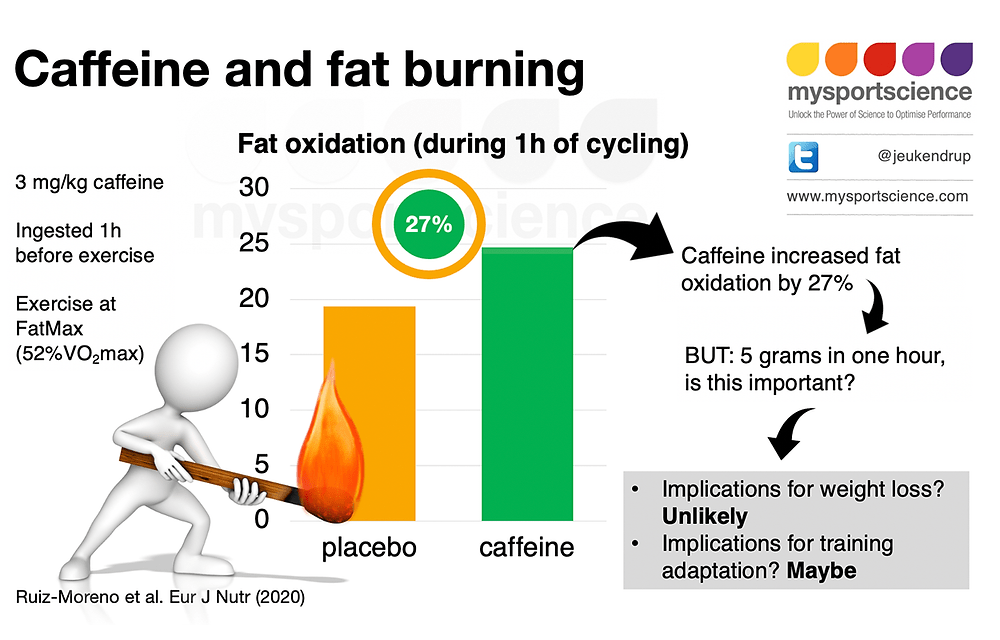
Individual Variability in Response to Caffeine
It’s important to remember that not everyone responds to caffeine in the same way. Factors such as your genetics, tolerance levels, and how regularly you consume caffeine play a role in how significantly coffee affects your fat-burning potential and workout performance.
Genetic Factors
Genetic factors can determine your sensitivity to caffeine. Some people metabolize caffeine quickly, while others do so more slowly. This can impact the intensity and duration of caffeine’s effects on your metabolism and fat burning.
Developing Tolerance
Regular coffee drinkers may develop a tolerance to caffeine, meaning they might not experience the same metabolism and energy-boosting effects from the same dose. Cycling your intake or taking breaks from caffeine could help manage tolerance and maintain its ergogenic benefits.
Potential Downsides of Coffee Consumption
While coffee offers numerous benefits, it’s also essential to be mindful of potential downsides associated with its consumption, especially concerning workouts.
Sleep Disruption
Caffeine has a half-life of around 5-6 hours in most people, meaning it can remain in your system long after consumption. Late-day coffee drinking may interfere with your sleep quality, which can adversely impact workout recovery and performance.
Increased Heart Rate and Anxiety
Some individuals may experience increased heart rates or feelings of jitteriness, which can be uncomfortable and affect workout quality. If you’re sensitive to caffeine, opt for lower doses or consult with a healthcare professional if you have concerns.

How to Incorporate Coffee into Your Fitness Routine
If you’re considering using coffee as a workout booster, it’s crucial to integrate it safely and effectively into your routine. Here are some tips to get you started.
Optimal Dosage
The effectiveness of caffeine is dose-dependent, with studies suggesting 3-6 mg per kilogram of body weight as an effective range for performance enhancement. For a person weighing 70 kg, this translates to about 210-420 mg of caffeine, roughly equivalent to 2-4 cups of coffee.
Choosing Your Coffee
When selecting coffee, consider factors such as the caffeine content, flavor preferences, and potential additives that might impact your caloric intake, like sugar or cream. Black coffee is a low-calorie option that can be an excellent pre-workout choice for maximizing fat-burning benefits.
Other Factors Influencing Fat Burning
While coffee can contribute to fat burning, it’s not the only factor to consider in your fitness journey. Overall lifestyle choices, such as diet and frequency of exercise, play a significant role in determining your fat loss outcomes.
Balanced Nutrition
Incorporating a balanced diet that supports your fitness goals is key to effective fat burning. Ensure you’re consuming adequate nutrients to fuel your workouts, including quality proteins, complex carbohydrates, and healthy fats.
Regular Exercise Routine
Consistency in your exercise routine is crucial. Combining cardio and strength training can maximize calorie burn and enhance your muscle-to-fat ratio, ultimately contributing to lasting fat loss.
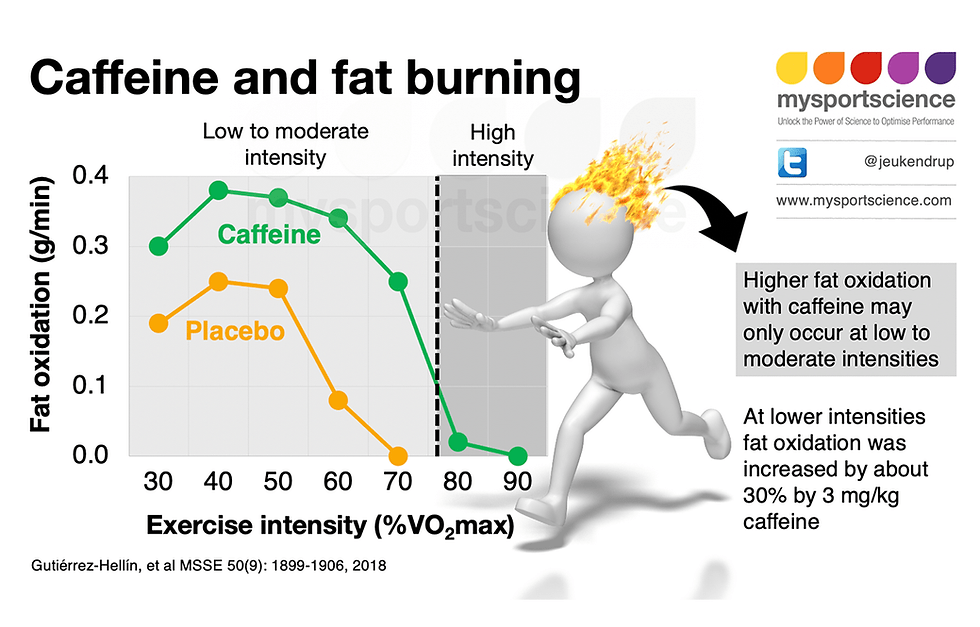
Conclusion: The Coffee-Fat Burning Connection
In summary, coffee has the potential to aid in fat burning during workouts through the effects of its active compound, caffeine. It can improve metabolism, enhance endurance, and support more efficient fat utilization. However, individual response to caffeine can vary, and other lifestyle factors remain crucial in achieving successful fat loss. Consider experimenting with pre-workout coffee consumption to see how it works for you, and balance it with healthy dietary and exercise habits for optimal results.
